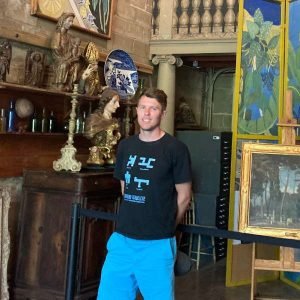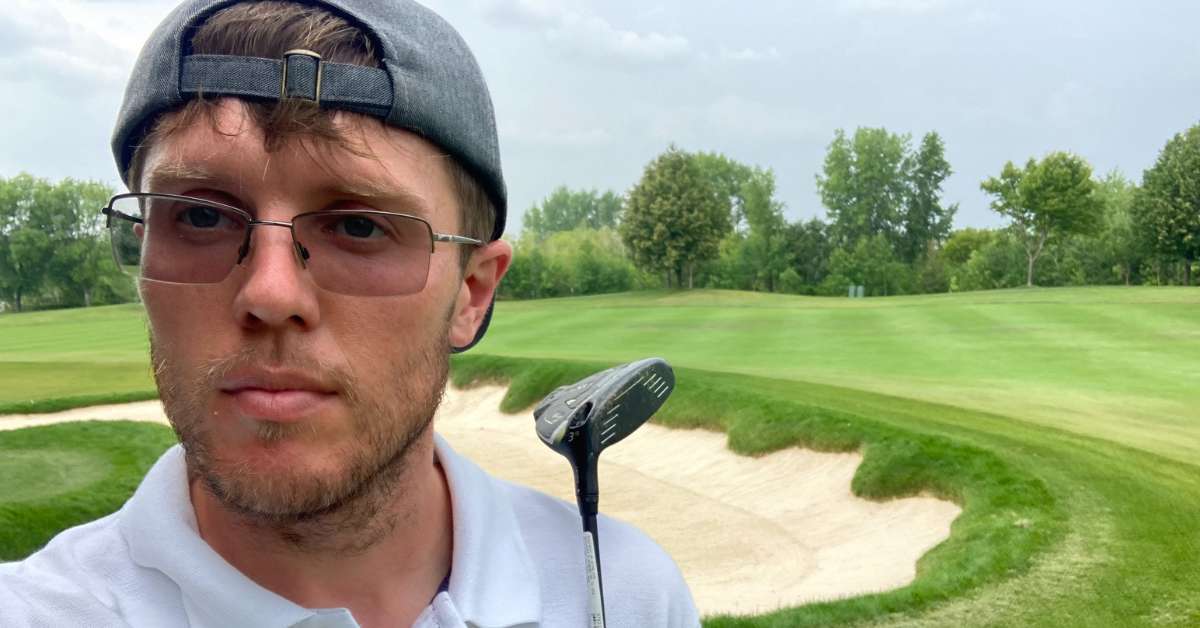"...It is valuable to learn how these systems work...a provider has to be focused on treating patients one at a time. Public health addresses the gaps by focusing on communities and populations."
First, I’d like to know a little bit about you as a person. Where did you grow up? Where did you attend undergrad and what was your degree/area of study? [Dominik] I am from Staten Island, New York, and consider myself a big-city kid. I attended undergrad at Stony Brook University, where I studied political science and chemistry, then went to medical school at the American University of the Caribbean.
What drew you to public health? OR How did you become interested in public health? OR What was that moment in your life when you decided you wanted to study public health?
[Dominik] The honest answer is that part of my residency and occupational training at Healthpartners requires that I get an MPH. But in addition to that, it is valuable to learn how these systems work. In clinical practice, it is siloed; a provider has to be focused on treating patients one at a time. Public health addresses the gaps by focusing on communities and populations.

What specific issue, problem, or area of research in public health do you care the most about and why?
[Dominik] For me, it’s occupational safety (what I do day to day). I am interested in learning how to prevent injuries and stop them from getting worse when they do happen. In a factory or office setting, if something is a problem for one person, then it is likely a problem for many of the employees.
There is a concept gaining momentum called “Total Worker Health,” which focuses not just on ensuring that workers are physically healthy, but emotionally and mentally healthy, as well. I think that approach is really important towards improving the health and well-being of workers.
What has been your favorite class so far?
[Dominik] My favorite course was Introduction to Occupational Safety taught by Bruce Alexander and Carolyn Porta. It was an introductory class that helped set the foundation for the whole program, and the information was very helpful. It reminded me of the saying, “You don’t know what you don’t know.” The course was a great overview of the topic, and it was a valuable learning experience.
In what ways is the school a good fit for you?
[Dominik] The school is innovative and executes its programs well. SPH is aware of current issues, and that is exemplified through initiatives like the Strategic Plan for Antiracism. SPH seems like a mover and shaker in public health, and in our society, and seeing an institution like this one actively approach complex issues with humility and resilience is really encouraging to see.
What do you like about being in Minnesota?
[Dominik] It’s not all that different from New York, except for the scale and the cold. But that’s kind of the punchline with Minnesota. I think that living here and dealing with the frigid temperatures has given me some grit. I also think that Minneapolis is in a unique position to promote environmental justice because of our proximity to the lakes and forests.
Learn more about the UMN SPH Occupational and Environmental Medicine Residency Training Program.

